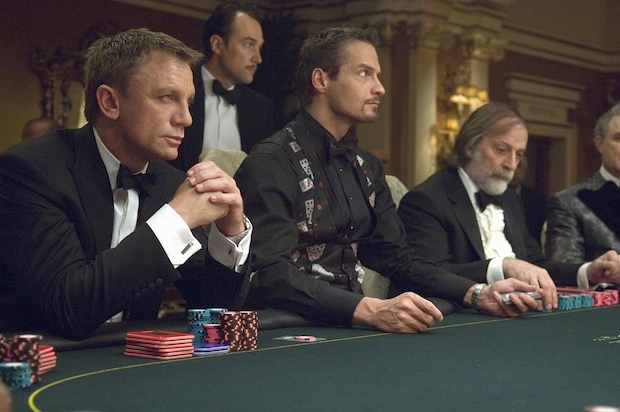It is said that all you really need to know about casinos is that the house always wins. I wouldn’t bet on it this week. The supposed iron law of gambling is being tested in the more salubrious surroundings of the High Court, and cardsharps and casinos across the world are agog to see what happens.
Phil Ivey vs Crockfords of Mayfair pits an American widely regarded as the world’s best poker player against Britain’s oldest and smartest casino. Although not, in this case, very smart in the intelligence sense. Ivey, 38, is suing the casino’s owner, Malaysia’s £21 billion Genting Group, after it refused to pay his £7.7 million winnings on a remarkable streak over four sessions in August 2012. The company says he was cheating. Ivey insists not, though it’s true that he was reading the back of the cards rather than the front, and counters that the casino was simply being very stupid. But whichever way you look at the cards, we are talking here about the biggest legal battle in British casino history and a tremendous amount of money. And not just in Mayfair, either. An Atlantic City casino, the Borgata, will be watching the London case closely: it claims Ivey took it for £5.7 million in just the same way.

Events on those fateful nights in Curzon Street are worthy of a Bond book. The game was punto banco, a variant of Bond’s favourite, baccarat. Punto banco (which unlike the chemin-de-fer played by 007 involves no element of skill) is popular with the world’s big-spending ‘high rollers’ because of its relatively high betting limits. The game consists of merely deciding which of two hands — the player’s or the dealer’s — will contain cards with a count of nine or closest to nine, but they can win or lose millions in a single night and fat cats love that.
Crockfords pulled out all the stops for Ivey, who demanded a private jet from Barcelona and a private room to play.








Comments
Join the debate for just £1 a month
Be part of the conversation with other Spectator readers by getting your first three months for £3.
UNLOCK ACCESS Just £1 a monthAlready a subscriber? Log in